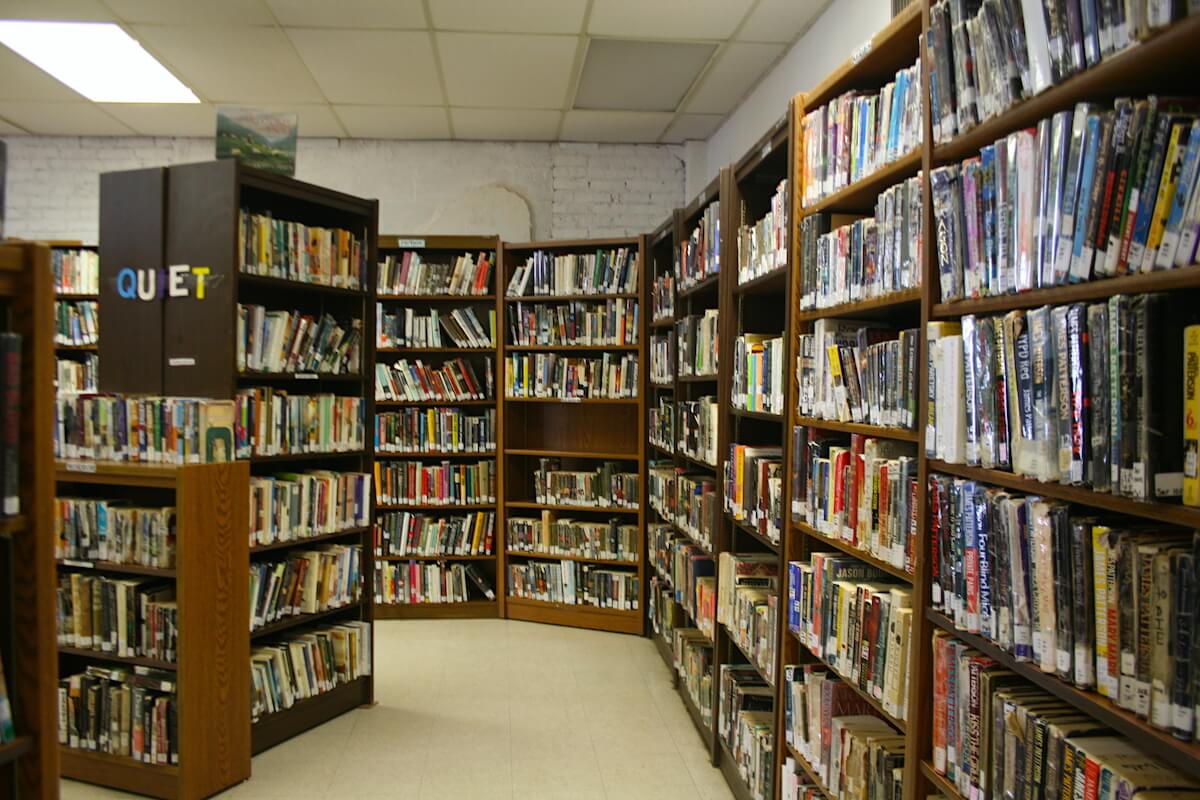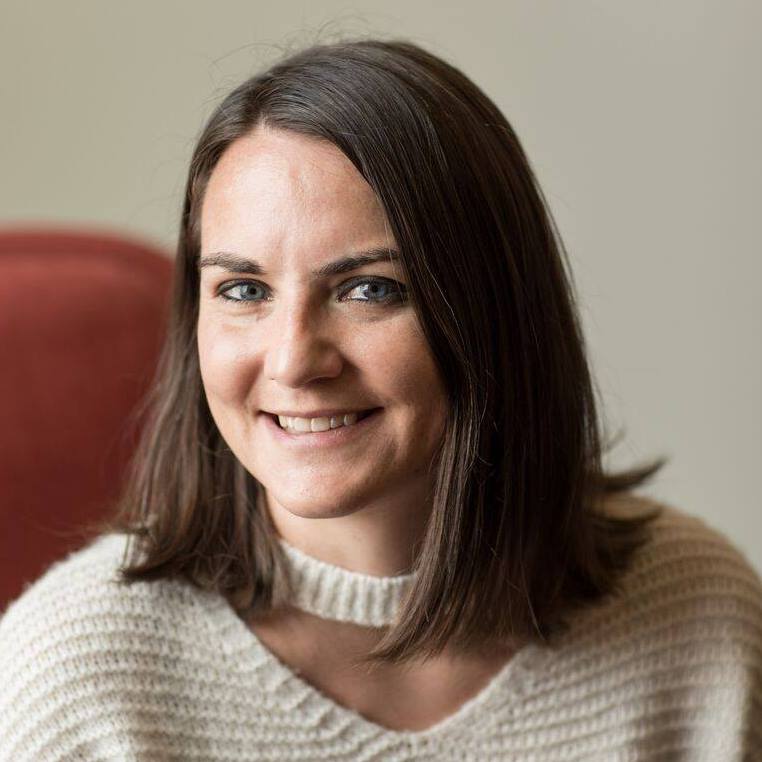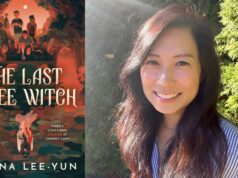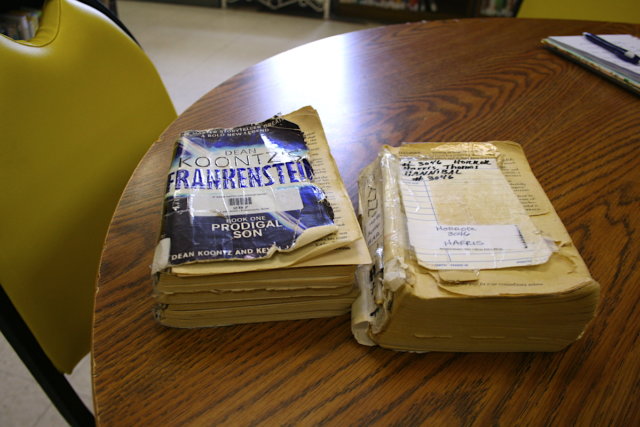
TAFT — Oklahomans in prison face many challenges, but one of the most constant is how to stay mentally sharp in an often chaotic, difficult situation. For some, turning to books offers comfort, respite and an education inside the confines of prison walls. But some prisons in Oklahoma are running low on reading material.
The Oklahoma Department of Corrections has leisure libraries at each of its prisons, offering everything from “Harry Potter” to mysteries and romance novels. Inmates say reading doesn’t just help pass the time, with some finishing a book a day, it also reminds them of their own humanity.
Approximately 7,000 books line the shelves of the leisure library at Eddie Warrior Correctional Center in Taft, a minimum-security prison housing more than 900 women, some of whom work in the library.
“Reading takes you away. It puts you on a different path where you don’t want to think about the negative things in life and kind of get lost in the stories,” said Catherine Azevedo, who is incarcerated for fraud.
Azevedo reads incessantly, a book per day, sometimes devouring the words for six hours in a single day. Fiction and fantasy are her favorites.
“It’s stepping out of yourself,” she said. “A lot of negativity can go on outside that yard, but you come in here and you can be completely somebody else.”
Rita Fowler is head clerk at the library, and for about a year now she has been assisting the women she is incarcerated with in their search for a story to teach them something new, remind them of something old or to just escape into a new world.
“I like helping the inmates, opening their interest to different types of books,” she said. “I like the quietness in here.”
Fowler, who is incarcerated on a child abuse conviction, reads anywhere from three to five books per week, most often in her bed.
“I’ve gotten to where I can tune stuff out,” she said.
That sense of distraction books can provide is an important tool, and not just for those serving time, said Roxie Kirk, a GED teacher at the prison who helps oversee the library. Having enough books is a security issue, she said, because it gives inmates something to do and focus time and attention on. When they’re reading “there’s less trouble,” she said.
A study examining a program called “Changing Lives Through Literature,” found that the men participating in the program had a recidivism rate of 18.75 percent, compared to the control group, which had a rate of 45 percent.
“If you have a really good book, you can keep your nose in it,” said Hokte Worcester, a library clerk at Eddie Warrior serving time for possession of a controlled substance and other charges. “I’ve seen a lot of people avoid fights. People learning things. It keeps you out of trouble.”
Worcester’s go-to is the “Harry Potter” series, and she sometimes reads multiple books at once.
Prison libraries seek books
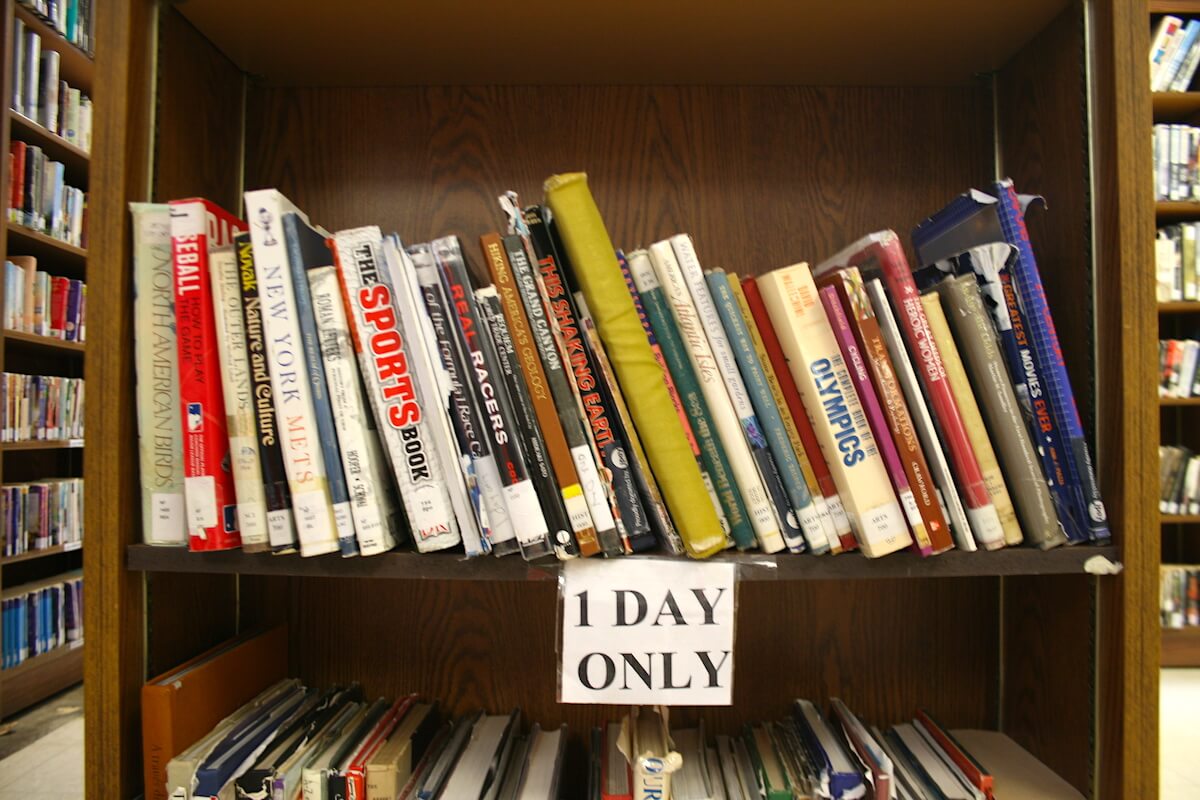
Though the library includes 7,000 titles, it’s not enough, Kirk said. There were 54,000 check-outs last year. Many of the books are falling apart, dilapidated and may be missing some pages.
There is no dedicated budget for new books, though a grant from the Oklahoma Department of Libraries allows the prison to receive about 75 to 100 new titles each year, she said. A few programs donate books, as well.
Donate to prison libraries
Anyone wishing to donate books to the Oklahoma Department of Corrections can contact Roxie Kirk at roxie.kirk@doc.ok.gov.
One such program is called DC Books to Prisons, which, since 1999, has been sending books to prisoners and prison libraries (those wishing to donate to the Oklahoma Department of Corrections can contact Kirk at roxie.kirk@doc.ok.gov). Books must come directly from the vendor. Due to security concerns, very few used books are accepted.
“But other than that, it’s what me or some of the other teachers find at yard sales and Goodwill,” Kirk said.
Family members can use Amazon to send incarcerated loved ones books, who can then donate the book to the library when they are done with it.
Some of the women took part in a book club through the Oklahoma Humanities, a private nonprofit organization that is an affiliate of the National Endowment for the Humanities. Themes include U.S. and Oklahoma history, autobiography, detective fiction, diversity and others. Some women utilize the program to access education and world views they have never encountered.
“A lot of the people had a very small world before they came here,” Kirk said.
Books as an education tool

Christie Luther used the law library at Eddie Warrior Correctional Center to teach herself how to handle her own divorce proceedings.
“It started out on a personal level. I got served divorce papers and I was really forced to kind of do my own prose, rebuttal to the whole thing,” said Luther, who was in prison for manslaughter.
Learning how to represent herself gave Luther a needed sense of accomplishment. She went on to research cosmetology schools and learned she was able to keep her cosmetology license despite her felony conviction. She eventually opened the Department of Corrections’ first one inside a women’s prison. Luther later helped other women with their post-conviction relief paperwork.
“I really kind of fell in love with it,” she said. “It gives you hope to know maybe I can file this commutation or maybe I can file this post-conviction relief. I can still fight. It’s those that are fighters who will go to the law library.”
A December 2018 study in the Journal of Prison Education and Re-Entry found that prison libraries offer those incarcerated a chance to socialize in a neutral space. Researcher Jayne Finley told NonDoc that informal learning opportunities, such as book discussion groups, creative writing sessions or author visits, allow an often silenced population a chance for their voices to be heard and respected. The library can help those incarcerated fight feelings of isolation by connecting with characters in books, she said.
The physical space of a library is important, too, she said.
“In the same way a public library might be seen as a place of calm in the middle of a bustling city, the prison library is often a place of refuge in the middle of an unpredictable and often dangerous environment,” Finley said.
